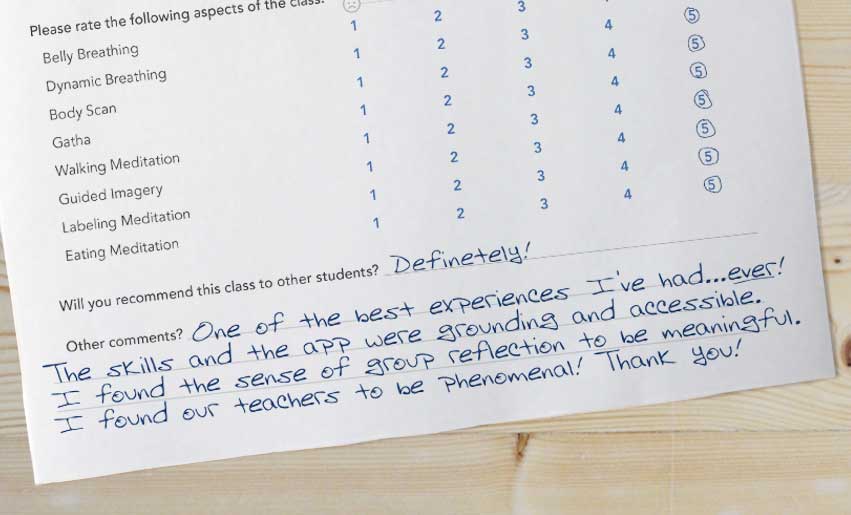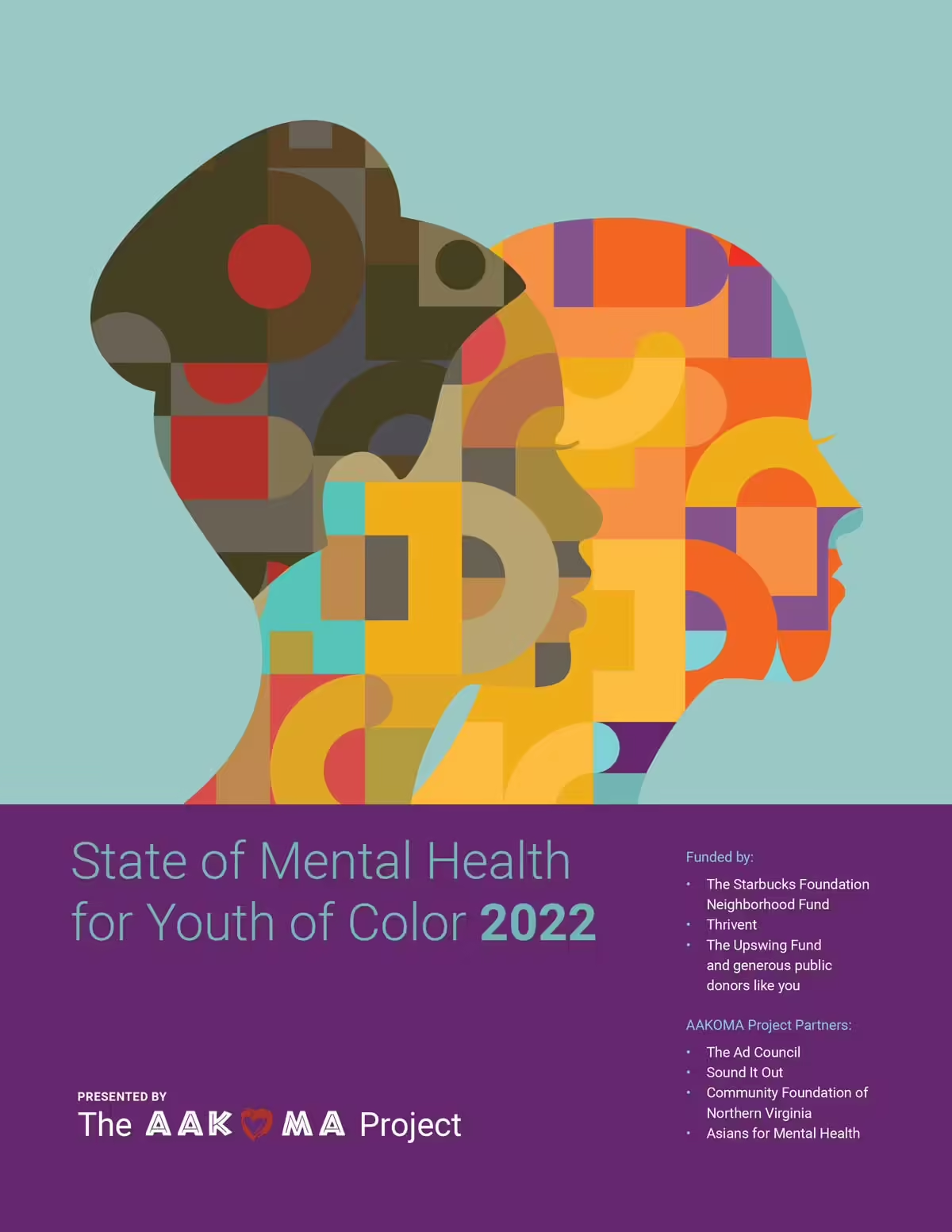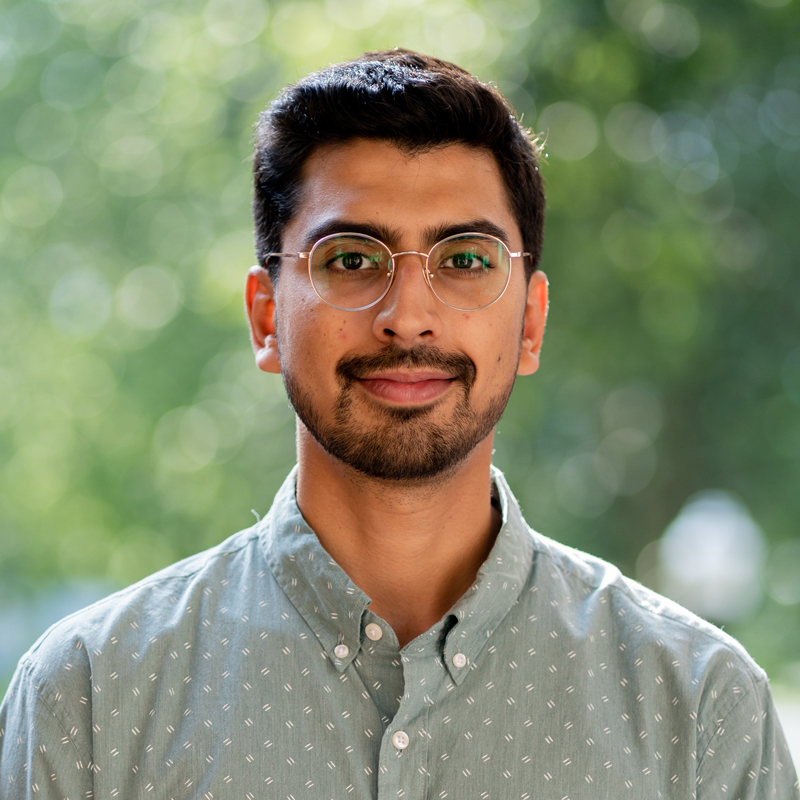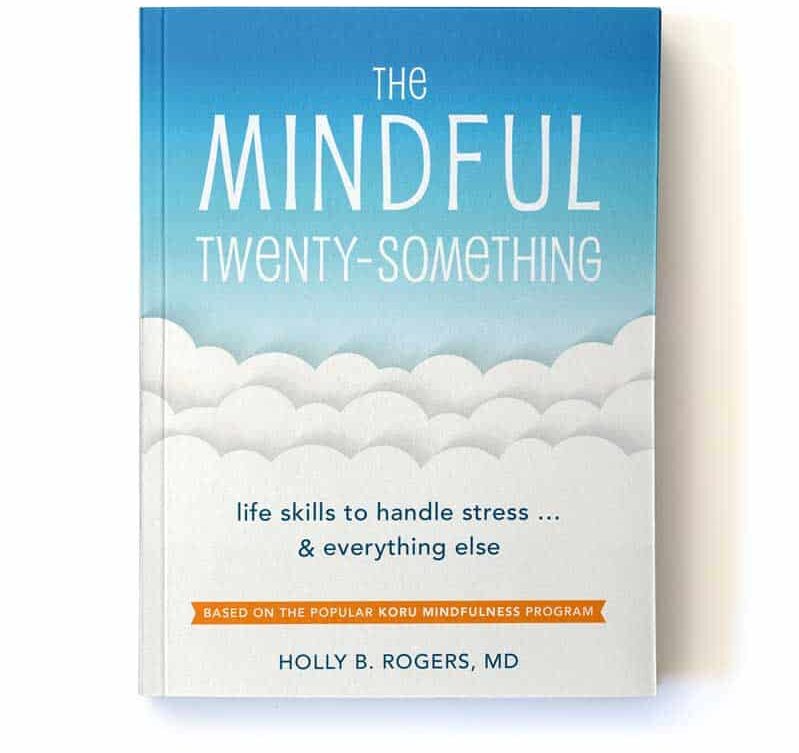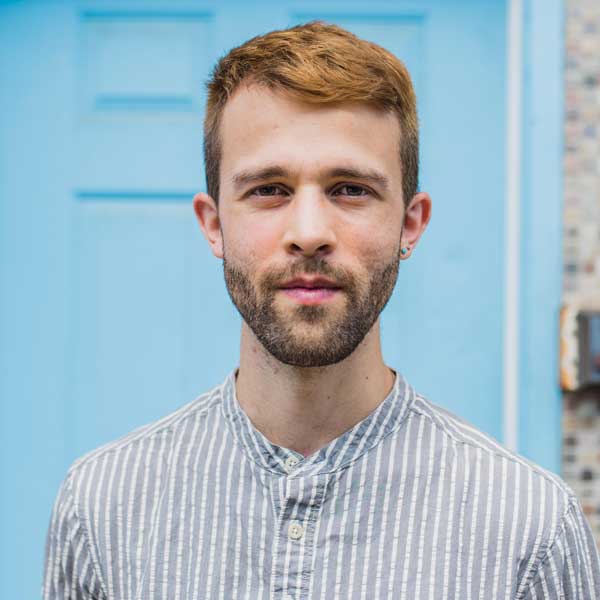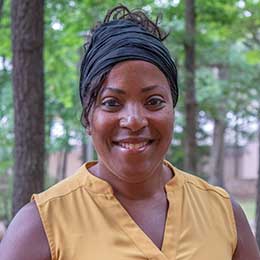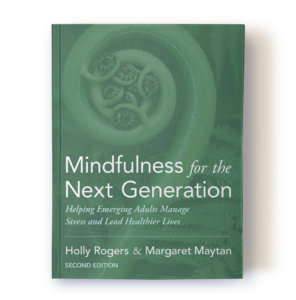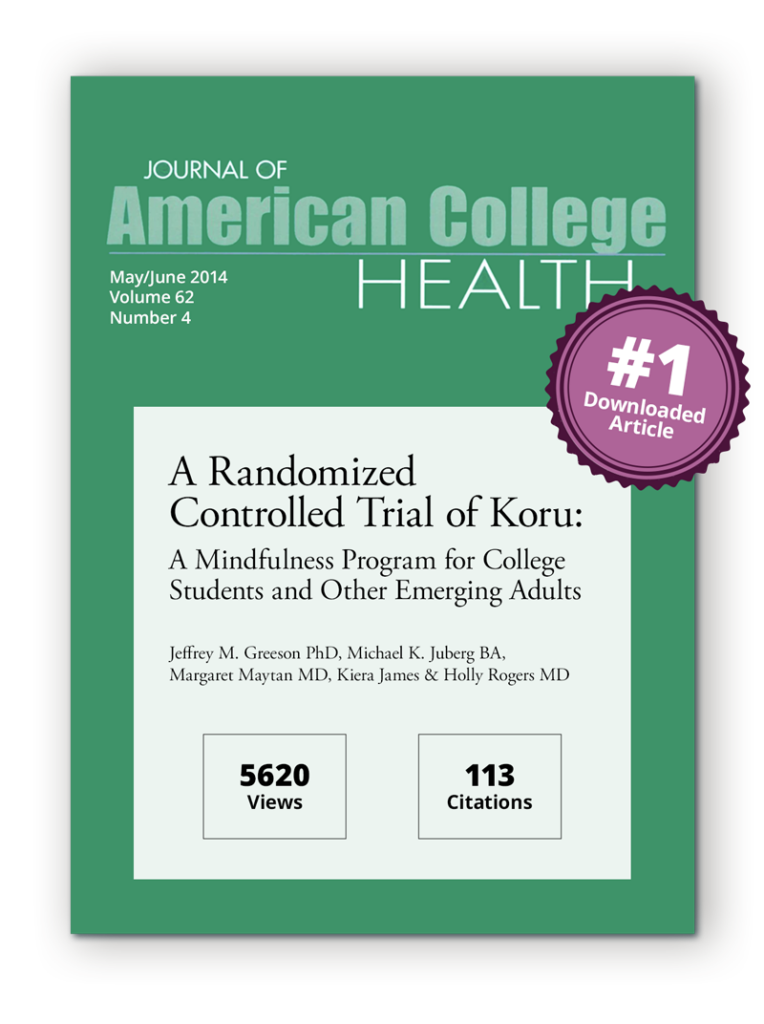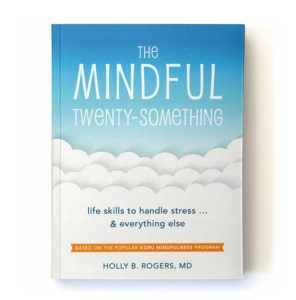Insights from The AAKOMA Project’s 2022 REPORT
The Mental Health Challenges Facing Youth of Color
Explore key insights from the State of Mental Health for Youth of Color 2022 report, which sheds light on the urgent need for culturally responsive mental health strategies in higher education.
This summary highlights critical findings and showcases how the Mindfulness Institute for Emerging Adults (MIEA) provides evidence-based mindfulness programs designed to meet these pressing challenges.
Understanding the Landscape
The State of Mental Health for Youth of Color 2022 by The AAKOMA Project highlights critical mental health disparities among Black, Latino/e, Asian American and Pacific Islander (AAPI), Native American, and Multiracial youth.
Over 50% of surveyed youth reported moderate to severe depression or anxiety, with Latino/e and Native American youth showing the highest rates.
Social media, racial trauma, and limited access to care further compound these challenges.
Key Findings
- Mental Health Symptoms:
More than half of respondents experienced significant depression or anxiety. - Barriers to Care:
Nearly 30% of youth in need of mental health services did not receive treatment. - Social Influences:
Race-based trauma and harmful social media experiences affect 42% of respondents. - Resilience and Connection:
Despite challenges, 61% of youth expressed hope for the future, highlighting the power of supportive relationships.
Research centered on the mental health of Youth of Color is largely absent, making it almost impossible to provide scientifically grounded, culturally relevant, and effective interventions.
State of Mental Health for Youth of Color
PAGE 5Bridging the Gap in Mental Health Research for Youth of Color
Youth and Young Adults of Color face critical mental health challenges, yet research about their experiences remains scarce.
The State of Mental Health for Youth of Color 2022 report addresses this gap, drawing on data from 2,905 youth to shed light on their unique struggles and resilience.
Why Mindfulness Matters for Youth of Color
The report underscores the need for proactive mental health strategies tailored to the experiences of youth of color.
Mindfulness offers a practical, research-supported way to improve well-being and foster resilience in college students, helping them thrive both academically and personally.
74.6% of Youth of Color report they have a hard time making it through stressful events.
State of Mental Health for Youth of Color
PAGE 36How MIEA’s Mindfulness Programs Support Student Mental Health
At the Mindfulness Institute for Emerging Adults (MIEA), our evidence-based mindfulness programs are designed to address the unique stressors faced by students, including those from marginalized backgrounds. Mindfulness helps build resilience, improve focus, and enhance emotional regulation, making it a key tool for mental health and academic success.
MIEA’s approach aligns closely with the report’s findings:
- Building Resilience:
Mindfulness promotes emotional regulation and reduces stress, equipping students to navigate challenges more effectively. - Creating Inclusive Spaces:
Our small-group mindfulness sessions foster connection and understanding, essential for students facing racial trauma or social isolation. - Expanding Access:
By training educators to implement mindfulness programs, we help make mental health tools more accessible on campuses.
The MIEA Difference

Caters to Emerging Adults
Acknowledging unique strengths and needs, MIEA engages emerging adults with storytelling and metaphors, making mindfulness relatable and accessible.
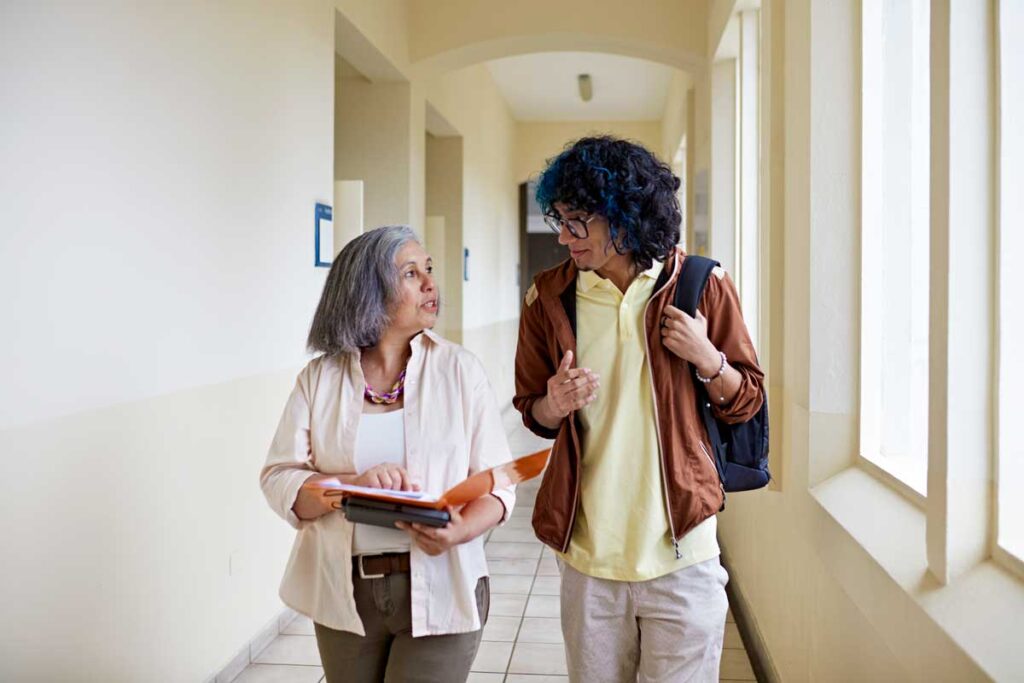
Personalized Mentorship
Offers one-on-one guidance from experienced teachers, ensuring tailored support for each participant’s unique journey toward mindfulness.

Tech Integration
Enhances learning through cutting-edge technology, ensuring the educational journey is modern, accessible, and efficient for all participants.
Structured Learning
Promotes habit formation with a structured curriculum that includes daily homework, a mindfulness log, and 10 minutes of daily practice for consistency.
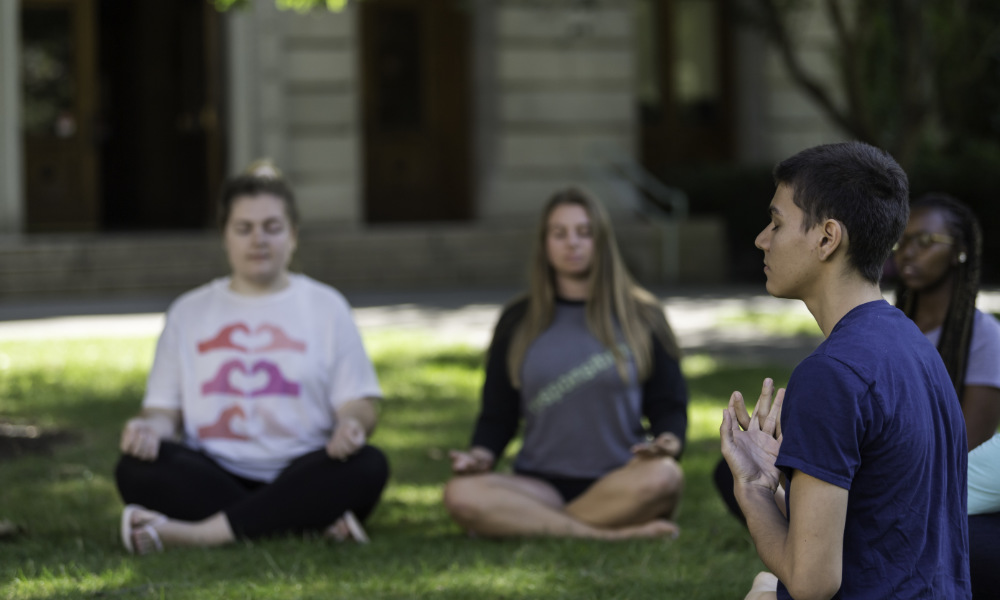
Community-Centric
Builds a supportive environment through small, diverse group connections, fostering a sense of community integral to our approach.
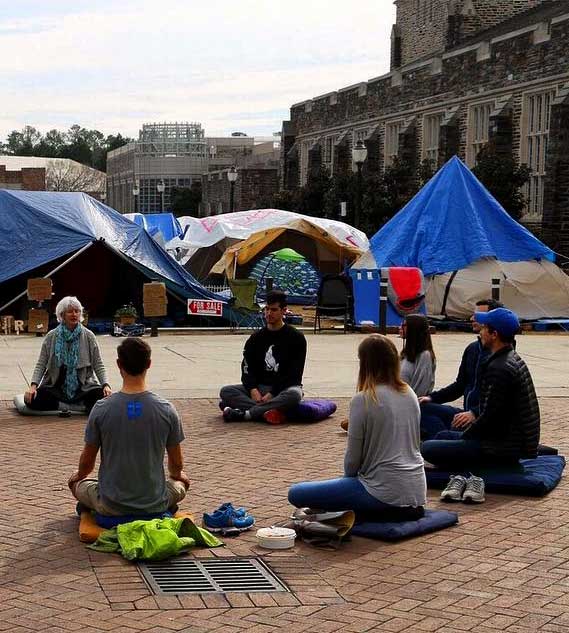
Evidence-Based Excellence
Supported by our Randomized Controlled Trial, our curriculum cultivates calmness, better rest, self-compassion, and mindfulness.
